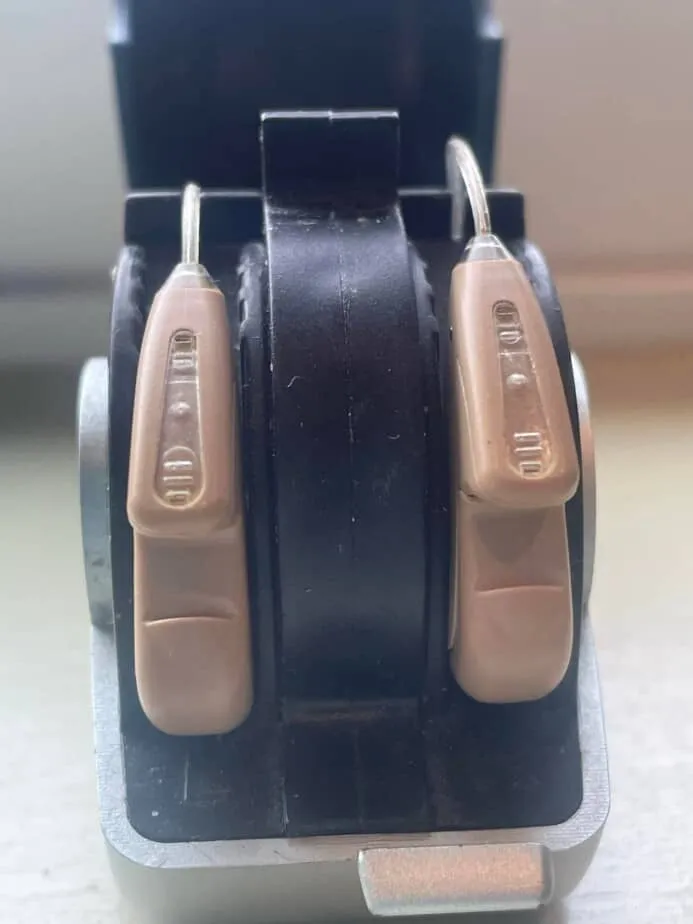Hearing loss affects millions worldwide, and while hearing aids can significantly improve communication and quality of life, the cost of professionally fit hearing aids can be high. This drives many people to consider cheap hearing aids as a more accessible alternative. But are these budget devices worth the investment? In this article, we’ll explore the pros, cons, and how to choose affordable hearing aids—helping you make an informed decision.
Pros of Cheap Hearing Aids
- Affordability: These devices are an economical alternative for individuals who can’t afford custom-fit solutions. Learn about the differences between PSAPs, OTC hearing aids, and professional hearing aids.
- Basic Functionality: While they lack advanced features, many offer decent amplification for mild to moderate hearing loss. They can help with conversations at home or watching TV.
- Accessibility: OTC hearing aids are now FDA-approved and available online or in retail stores, removing barriers like scheduling and travel for fittings.
Cons of Cheap Hearing Aids

- Durability and Support: These hearing aids often use cheaper materials and lack customer service, leading to a shorter lifespan and less reliability.
- Sound Quality: They tend to amplify all sounds, including background noise. Advanced features like directional microphones, dynamic compression, or adaptive noise reduction are often missing. Read about feedback cancellation and why it matters in sound quality.
- Fit and Comfort: One-size-fits-all models can be uncomfortable or fall out easily. Poor fit may result in whistling (feedback) or reduced benefit.
Who Typically Buys Cheap Hearing Aids?
Budget hearing aids serve an important role in accessibility. Common users include:
- Seniors with limited retirement income
- Individuals lacking insurance coverage for hearing care
- Those facing sudden job loss or financial hardship
- Users seeking temporary or occasional hearing assistance
- People testing if hearing aids are worth a larger investment
Still, budget shouldn’t be the only factor. If communication difficulties impact relationships or safety, a professional evaluation is worth considering. For more, see what to expect before getting hearing aids.
How to Choose the Right Cheap Hearing Aid
Finding a quality device at a low price requires a strategic approach. Here’s how to choose wisely:
- Research Reputable Brands: Stick with reviewed models. The Go Hearing aids offer solid performance for the price.
- Check Features: Look for basic noise reduction, battery life, and fit options. Learn more about hearing aid technology and features.
- Read User Reviews: Pay attention to comfort, support, return policies, and average lifespan.
- Warranty & Return Policy: Select sellers offering at least a 30-day trial and warranty support. Avoid devices with no return policy.
Remember: Cheap hearing aids are best for mild hearing loss or as a stepping stone. For more severe loss or complex needs, see why hearing aids need to be programmed.
Watch: Understanding Hearing Aids and Affordability
Final Thoughts
Cheap hearing aids can be a suitable starting point for people with mild hearing loss and limited budgets. But they come with trade-offs in sound quality, support, and durability. If you’re unsure where to begin, browse our hearing aids section to explore more in-depth reviews, comparisons, and audiologist-backed insights.
Still unsure? Consider scheduling a consultation with a licensed audiologist who can help you determine the best solution for your specific hearing needs and lifestyle.

